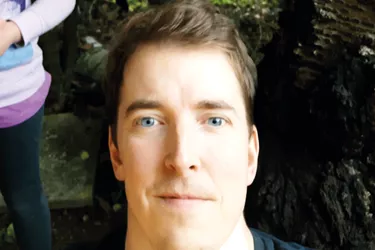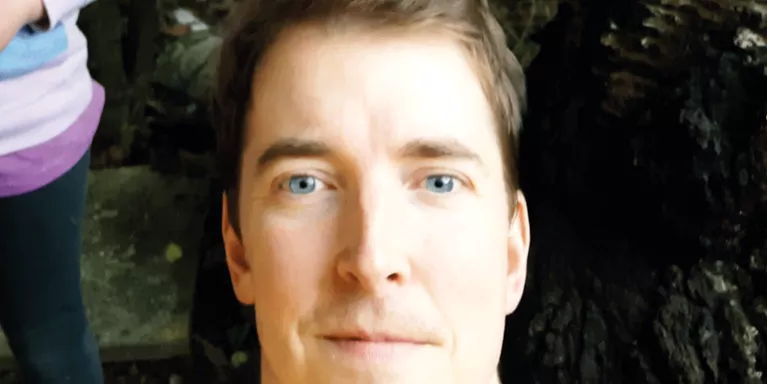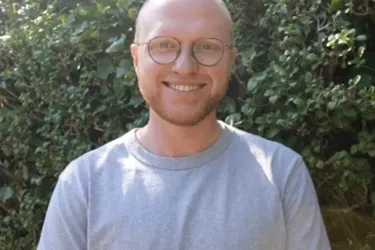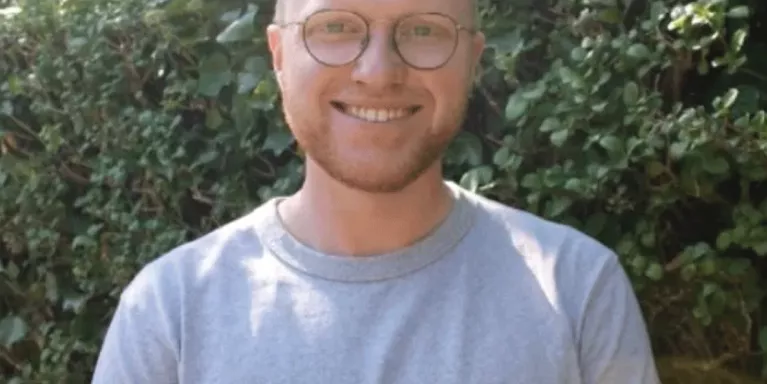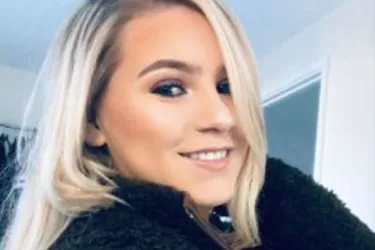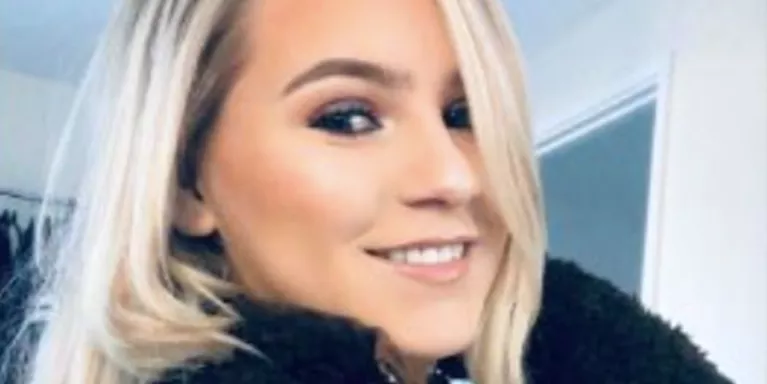Friendship and Body dysmorphic disorder
Catherine writes a letter to a friend who helps her fight body dysmorphic disorder.
You know how it feels to dislike the way you look. You feel the pressure to look a certain way, to be a certain shape. So it would be easy for you to dismiss my intense obsession with my appearance as vanity. You could wonder why I take medication to cope with thoughts experienced so universally. Or reject the idea that feelings of ugliness could equate to a clinically diagnosed illness.
But you never have. Instead, you've perfected the art of emphatically disagreeing with my stubborn belief that my face is monstrous, whilst not indulging my compulsive behaviours.
You walk on the inside of the pavement, separating me from the windows of buildings.
You confiscate my phone if you notice I'm taking a selfie, pre-empting the inevitable slide into an endless cycle of taking, deleting and retaking photos of my face. You walk on the inside of the pavement, separating me from the windows of buildings. In fact, it now only takes seconds for you to recognise my thinking-about-my-face expression and steer me away from whatever reflective surface I've become glued to (oven doors oddly seem to present a particular danger). You've even managed some impressive feats removing large mirrors from the walls of rooms with blemish-emphasising lighting.
With most people, I do a pretty convincing act of normality. I laugh a lot, have adventures with friends, network (albeit reluctantly) with colleagues. But it's exhausting. Desperately trying to think of an excuse to go to the toilet for the 35th time during an evening at the pub, just to check whether my face is really as bad as I remember. With you, I don't need to pretend. I can tell you what's going through my head, instead of relying on the mirror to make me feel better (spoiler alert – it never does!).
When I didn't leave my bedroom in days because I couldn't bear people seeing my face, you turned up.
You've helped me navigate every fun twist of my BDD rollercoaster. When I didn't leave my bedroom in days because I couldn't bear people seeing my face, you turned up to march me downstairs to the sofa – the first step on the path back to being a (at least semi-) functional adult. When I was stuck at a motorway services for hours (cue a £100 parking fine) unable to drive home through tears of grief for the lost girl that could catch a glimpse of her reflection without feeling sick, you sent me a barrage of puppy photos. It's not a small thing to feel like you have an ally when you're living a constant fight with the destructive part of your brain.
You find the funny side for me. You get cheerfully exasperated when you're telling a story and catch me attempting to surreptitiously Google cosmetic procedures I could never afford. You poke me when you notice my gaze lingering on the faces of people in the street longer than is socially acceptable, as my brain registers their wrinkle quotient.
Do you remember making an off-hand remark that some people choose pugs and some choose huskies, but both groups believe they have the cutest pup? That now tops my carefully-crafted list of reasons to disbelieve my face-thoughts, reminding me that beauty is ultimately always subjective.
With a few scary moments, 2019 didn't get off to a great start, but helped by several months of psychological therapy plus a high-dose anti-depressant, I'm feeling more positive than I have in years. The painful thoughts haven't gone away. But it's like a radio has been turned down. Instead of 90% of my attention relentlessly focused on loud angry music, right now it's mostly just crackly background noise.
I don't know if you realise, but each tiny gesture helps keep the malevolent voice in my mind at bay.
I don't know if you realise the impact you've had, but each tiny gesture, often now instinctive I think, helps keep the malevolent voice in my mind at bay.


Information and support
When you’re living with a mental health problem, or supporting someone who is, having access to the right information - about a condition, treatment options, or practical issues - is vital. Visit our information pages to find out more.
Share your story with others
Blogs and stories can show that people with mental health problems are cared about, understood and listened to. We can use it to challenge the status quo and change attitudes.










